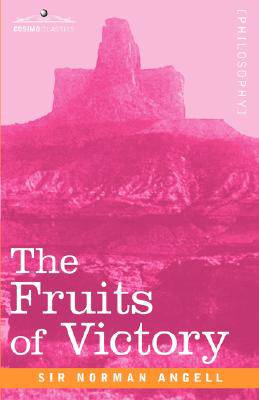
- Afhalen na 1 uur in een winkel met voorraad
- Gratis thuislevering in België vanaf € 30
- Ruim aanbod met 7 miljoen producten
- Afhalen na 1 uur in een winkel met voorraad
- Gratis thuislevering in België vanaf € 30
- Ruim aanbod met 7 miljoen producten
Zoeken
Omschrijving
War is dangerous for children and other living things. That 1960s antinuke cry is echoed here, in the past, in this 1921 classic of pacifistic philosophy. A sequel to the author's work The Great Illusion, this little-known but essential volume examines the psychological impulse to war and the economic futility of military power. Writing in the period between the world wars, the author discusses: . the old economy and the postwar state . nationality, economics, and the assertion of right . military predominance-and insecurity . patriotism and power in war and peace: the social outcome . and much more British journalist and politician SIR RALPH NORMAN ANGELL (1872-1967) was an executive for the World Committee against War and Fascism and a member of the executive committee of the League of Nations Union. Knighted in 1931, he was awarded the Nobel Peace Prize in 1933. From 1905 to 1912, he was the Paris editor for the Daily Mail, and served as a Labour MP from 1929 to 1931. He is also the author of Peace Theories and the Balkan War.
Specificaties
Betrokkenen
- Auteur(s):
- Uitgeverij:
Inhoud
- Aantal bladzijden:
- 372
- Taal:
- Engels
Eigenschappen
- Productcode (EAN):
- 9781602068186
- Verschijningsdatum:
- 15/10/2007
- Uitvoering:
- Paperback
- Formaat:
- Trade paperback (VS)
- Afmetingen:
- 140 mm x 216 mm
- Gewicht:
- 471 g

Alleen bij Standaard Boekhandel
+ 54 punten op je klantenkaart van Standaard Boekhandel
Beoordelingen
We publiceren alleen reviews die voldoen aan de voorwaarden voor reviews. Bekijk onze voorwaarden voor reviews.








